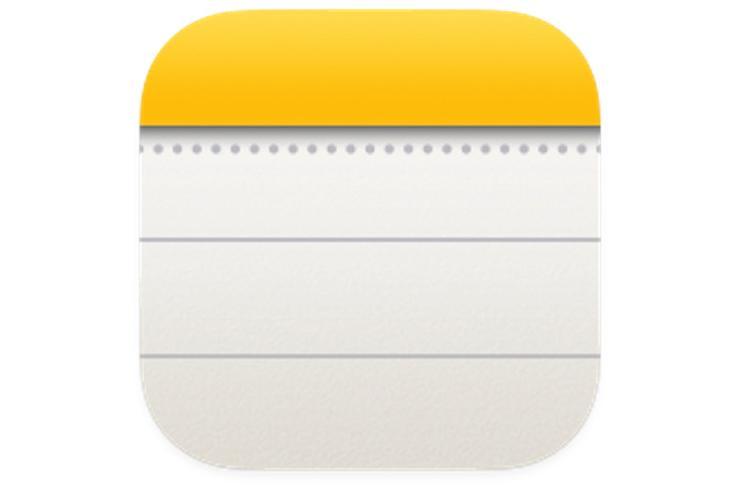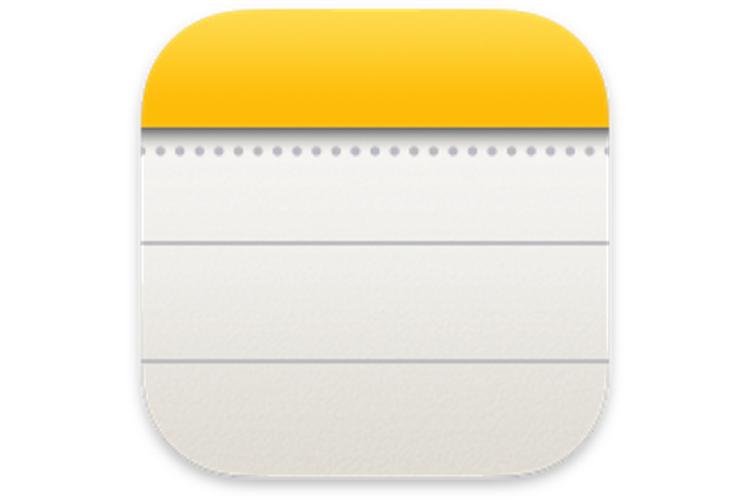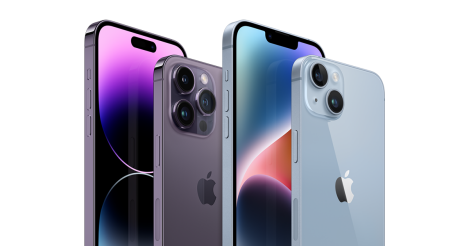If you lock a file in Apple’s Notes, don’t lose your password
The Notes app, particularly paired with iCloud syncing, providesan easy way to jot down shopping lists, share information withother people, and record your private thoughts. But because somepeople might feel a little exposed by that, Apple lets you set apassword for Notes on your devices and selectively lock notes forwhich you want extra protection. This password syncs across iCloudif you use have Notes enabled in iCloud settings on yourdevices.
But set that password carefully! The password is not stored iniCloud Keychain, nor can it be retrieved from anywhere else. If youcan't remember and haven't stored it manually in a passwordmanager, the notes locked with it are unrecoverable forever. Applecan't unlock them.
That's a bit of a scary thought because locking items with apassword in Notes works differently than nearly all other passwordentries across the entire Apple ecosystem.
Create and use a lockingpassword
You can create a password for locked notes on an iPhone, iPad,or Mac:
Set a password forlocked notes—but beware! You need to make a record of it.In all of those operating systems, you can set a hint. This maybe vitally important if you ever reset the password, as explainedbelow in the reset section.

With a password set up, you can now choose to lock individualnotes. Setting a password has no automatic effect. Here's how tolock a note:
I found in testing that behavior is a little erratic,particularly in syncing notes and their locked status. Synced notesoften don't have their locked status updated immediately. Andenabling biometrics on one device when the password was initiallyset on another doesn't seem to work correctly. For instance, Ienabled Touch ID on my Mac with the Notes password, locked somenotes, and then enabled Face ID for Notes on my iPhone. However, Icontinued to have to type in the password on my iPhone. At somepoint—and I don't know what triggered it—Notes in iOS put up aprompt asking if I wanted to enable Face ID for Notes. I alreadyhad! Nevertheless, I agreed, and then Face ID unlocked notes fromthat point on whether they were locked on my Mac or iPhone.
Immutable passwordthat can be reset
Enabling Face IDdoesn't always immediately let you unlock notes locked on yourMac!Once created, you can never disable the password for Notes.Instead, you can reset it in the same place in iOS, iPadOS, andmacOS that you turned it on, as above. If iCloud sync for Notes isenabled, you're prompted for your Apple ID password to proceed.
Resetting the password encrypts all notes from that point onusing the new password. If you unlock notes that were locked beforeyou reset the password, you will either:
If you forgot your Notes password without enabling Face ID orTouch ID or never enabled either of those, there's no way torecover it.
With Face ID or Touch ID enabled for a given password, you canunlock those notes without knowing the associated password as longas you can enable those biometric methods of unlocking yourphone.
However, should you ever be unable to use Face ID or Touch IDand you couldn't remember the associated Notes password orpasswords, you would be unable to unlock those encrypted notesever.
This all seems a bit more complicated than it should be. Applepasses your most secure passwords and codes through iCloud Keychainwithout relying on such a fragile system. Thus, if you must lockindividual notes, use a password manager to store the password youpick, including adding an entry by hand to SettingsPasswords (iOS/iPadOS); SafariPreferences Passwords (macOS), or the Password preference pane(Monterey)
This Mac 911 article is in response to a question submittedby Macworld reader Bruno.
Ask Mac 911
We've compiled a list of the questions we get asked mostfrequently, along with answers and links to columns: read our super FAQ to see if your question iscovered. If not, we're always looking for new problems to solve!Email yours to mac911@macworld.com, including screen captures asappropriate and whether you want your full name used. Not everyquestion will be answered, we don't reply to email, and we cannotprovide direct troubleshooting advice.



